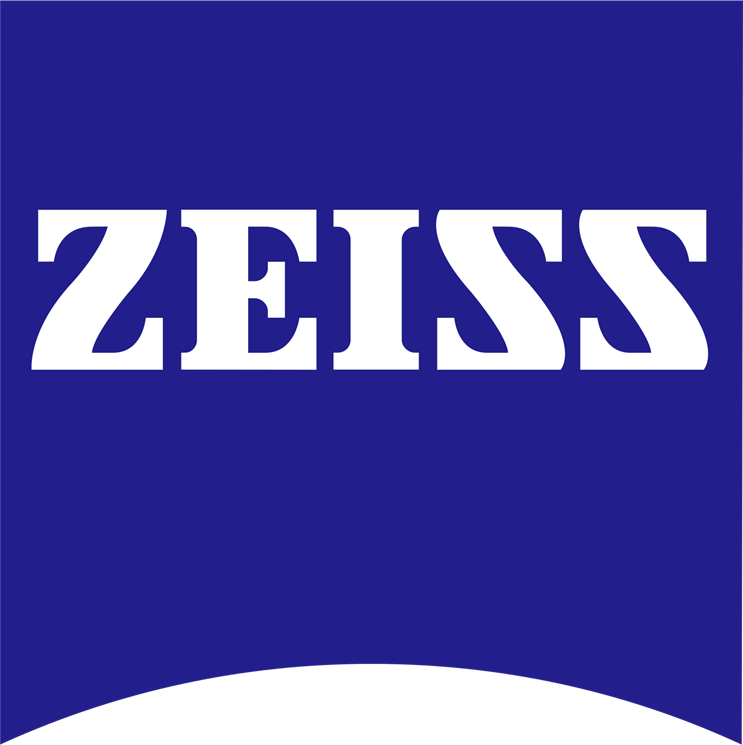ABS – Acrylonitrile butadiene styrene is a plastic that is tough and resistant to impact. It is often used for cased electronic equipment, luggage components, lego bricks and protective elements. ABS is widely used in 3D printers.
Aluminum – Although the most abundant metal on Earth, due to its chemical reactivity, it rarely manifests in its metallic form. Because it is lightweight, medium strength and resistant to corrosion, it is widely used in many different industries.
Alloy 5052 is used mainly for sheet-metal bending purposes.
Alloy 6061 is a definite machinist favorite. Inexpensive, widely available and easy to machine, it is used in our facility in a larger volume than all other metals and plastics combined.
Alloy 2024 contains roughly 4.4% copper and offers the strength of mild steel at one third the weight, but has poor corrosion resistance.
Alloy 7575 was originally developed for the aircraft industry. Very strong and lightweight, it is more resistant to corrosion than 2024 due to its zinc content, which is roughly 6%.
Mic-6 is produced by Alcoa. Due to its stability, it is excellent for maintaining tight tolerances. This cast aluminum has an almost mirror like finish, ideal flatness and protective plastic film. Since it comes in flat sheets, it is usually not necessary to machine its stock thickness and it is ideal for large plate where flatness is crucial. Because of its granular structure, sanding after machining does not produce spectacular surface finishes in the same way that alloy 6061 does.
Brass – A combination of copper and zinc, this yellow metal is used in applications where low friction is required as well as in environments proximate to flammable gases and liquids. Our customers often request the easy to machine brass 360.
Bronze – Combining copper and tin produces a tough brown metal. Machinable grade alloy 936 is commonly used in bearings, bushings and valves.
Copper – This ductile red alloy is known for its high heat and electricity conductivity. Most commonly requested by our customers, oxygen free high conductivity (OFHC) alloy 101, is valued for its purity and homogeneity and is widely used in the semiconductor industry.
Derlin – Also known as Acetal or polyoxymethylene, this strong water resistant thermoplastic offers low friction and dimensional stability for holding tight tolerances.
G10 – Simply fiberglass, it is also known as garolite or FR4, an extremely strong, dimensionally stable glass fabric laminate. A great electrical insulator, it does not absorb water, and is often used in the production of circuit boards. While some machine shops refuse to work with G10, we are committed to our customers’ needs and will not turn down your business.
Inconel – The most common type of this nickel-chromium and molybdenum superalloy is alloy 625, capable of withstanding extreme temperatures, very strong and high in nickel content. However, it is extremely difficult to tap and machine; therefore, internal threads are achieved by welding in stainless steel inserts.
Magnesium – A lightweight, flammable metal similar to aluminum, it is often used by the automotive industry and in handheld devices.
Noryl – Another water resistant plastic, often referred to as PPO, and used as an electrical insulator. Ideal for outdoor usage by virtue of its resistance to acid and salt solutions.
PEEK – Applications where high temperatures, moisture, and mechanical wear are factors – medical devices, automotive and aerospace industries – demand this pricey, chemically resistant organic polymer thermoplastic.
PET – Another strong extremely water resistant thermoplastic, often used in the food packing industry.
Polycarbonate – Also known as Lexan, this transparent plastic is widely used in electronic components, medical devices and automotive applications. It can be vapor polished to improve clarity after machining.
Polyethylene – The most common plastic is used extensively in the food packing industry and biotech. Its water resistant property also makes it a preferred choice for tank assembly components.
Polypropylene – One of the lightest plastics, suitable for household goods, laboratory equipment and electronics. More heat resistance than polyethylene, it is favored in the production of reusable, dishwasher friendly food containers.
Polysulfone – This FDA approved, semi transparent, yellowish thermoplastic polymer is a superior choice to polycarbonate where steam sterilization or other high temperature processes are required. It is commonly found in pharmaceutical and food service applications.
PTFE – Polytetrafluoroethylene, or simply Teflon, is a very slippery, wear resistant synthetic fluoropolymer used in components subjected to high friction. It performs well in high temperatures and has excellent chemical resistance.
PVC – Polyvinyl chloride is used to manufacture pipes and tank assembly connectors.
Stainless Steel – Unlike the name would suggest, it does stain and corrode but very mildly when compared to carbon steel. There are many types of steel; we will mention just the ones we come across most often.
Type 303, is a chromium nickel alloy easier to machine due to its sulfur content than 304 and 316, although some machinist would argue that point. It is slightly less corrosion resistant that 304, which has very similar properties. It can become magnetic, is not heat treatable nor generally used for welding applications.
Type 304, the most common steel, offers decent weldability and corrosion resistance.
Marine grade Type 316, due to its molybdenum content, is a stronger steel that provides superior corrosion resistance in salt water. Used extensively in marine applications, depending on the sub type, it is also utilized in building reactors and surgical elements.
Type 410 is a wear resistant, heat treatable steel mainly used for fasteners.
Type 440c, a wear resistant and magnetic carbon steel, is the hardest steel when heat treated, making it the best choice for non marine knives.
Type 17-4PH or 630, is strong and moderately corrosion resistant, with applications in the food, aerospace and nuclear waste industries.
Titanium – This corrosion resistant metal is 40% lighter than steel and has an excellent weight to strength ratio. Often used in medical instruments, aerospace and marine applications.
Ultem – or polyetherimide, is an amber colored plastic similar to PEEK but with lower operational temperatures along with a lower cost. Its excellent insulating properties make it the material of choice in circuit breaker housings and semiconductor components.
Vespel – Probably the most expensive material on the list, a 1 inch diameter rod of this ultra high temperature polymide will cost roughly $100 per inch of length. Its heat resistance, dimensional stability, chemical resistance and lubricity make it an ideal material in certain extreme environments in the aerospace and semiconductor industries.








